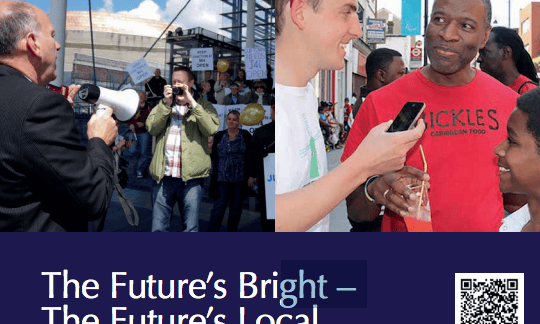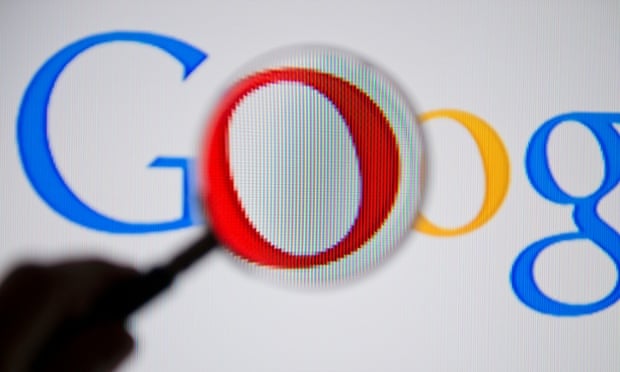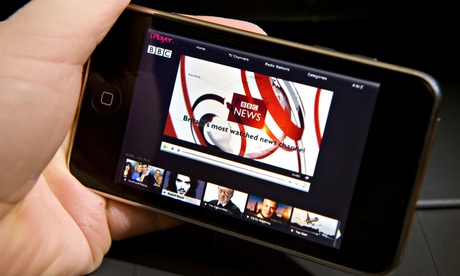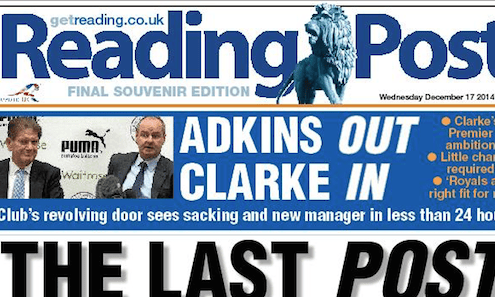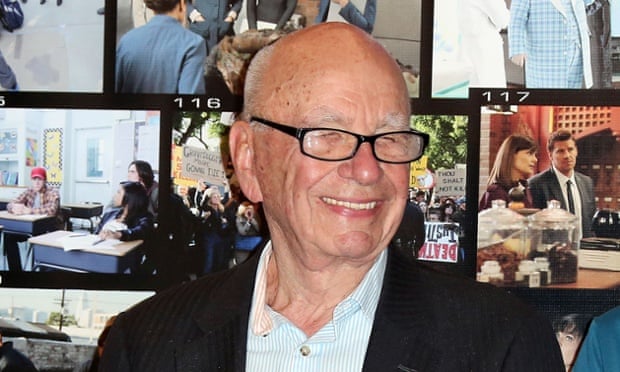- Why are respected news brands good news for Twitter?
Respected news brands are good for twitter because they bring with them a large following of readers who may then join twitter in order to follow their favourite newspaper online, which benefits both parties.
2. Why in turn is Twitter good for respected news brands?
Twitter is good for respected news brands because twitter users can gain access to their stories using the site. For example if the newspaper posts a link to a post on their page and people re tweet it, more and more people will click on it. It also enables newspapers to interact and adapt to their younger audience who are unlikely to buy broadsheets.
3. The report suggests that old and new media “are not, in fact, in direct competition, but often work extremely well together to enhance both the media eco-system and the consumer experience”. What evidence do they provide to support this idea? Do you agree with it?
The report uses evidence to support new and old media working together such as through twitter, people are able to gain a trusted and respected brand to validate breaking reports, allowing people to gain access to news immediately and gain trusted news. It also uses the example of community in which through following a newspaper on twitter you can interact and debate with people with similar interests and political beliefs. I do think that this shows old media and new media working together, in that old media is the newspaper institution and twitter the new social platform. However this does not solve the problem of old media broadsheets being sold, and in fact only worsens the problem for news institutions to an extent by sharing free content on twitter.
4. On page 24/25 of the report, the focus turns to gossip or banter. What example tweets from journalists are used to illustrate this?
Tom Newton Dunn @tnewtondunn:
Biggest cheer at the Emirates tonight by
#AFC? To an announcement for the MUFC
away fans that no more trains leaving Euston
Lucy Tobin @lucytobin:
Excellent: a University has spent £20,000
building a mock pub for students to
investigate why people get drunk. http://t.
co/0iaUkZi1GI.
Neil Ashton @neilashton:
Arsenal are toast: In all seriousness now, what
are the sales figures like for this kind of stuff
5. Do you think the increasing amount of gossip or banter is harming the reputation of news and journalists?
I think that when using the new media, online platform of twitter that institutions should adapt to the audience on that platform. The main reason institutions are on twitter is to appeal to younger audiences,therefore I think that using gossip and banter especially is a good way in engaging them in the news. In the same way that broadsheets should be professional and well written due to the older audience, institutions should appeal to their audience online by using these techniques.
6. What does the report say about trust in Twitter and journalists (look at pages 34-39)?
The report says that "Almost half of all Twitter users, and almost two thirds of newsbrand users, say it is important that news on Twitter is verified by a respected brand.This helps build trust in the content". This again adds to the point that on twitter newspapers are able to varify breaking news and people are able to gain trusted news quickly.
7. Finally, do you think new and digital media developments such as Twitter have had a positive or negative impact on traditional newspapers?
In terms of the institution as a whole I think that twitter has massively helped newspapers appeal to their younger audiences who otherwise may never see or be aware of many of the stories they are able to access through their twitter feed. These twitter pages are a great way to appeasl to the younger generation and keep them interested and informed with the news.
However giving free content online and posting links to free content on twitter is part of the problem that is causing newspapers to continuously make losses. Younger generations aren't going to pay for content if they can get the content for fee through links on twitter and online. Therefore giving this content on twitter is adding to the problem of broadsheets declining.
